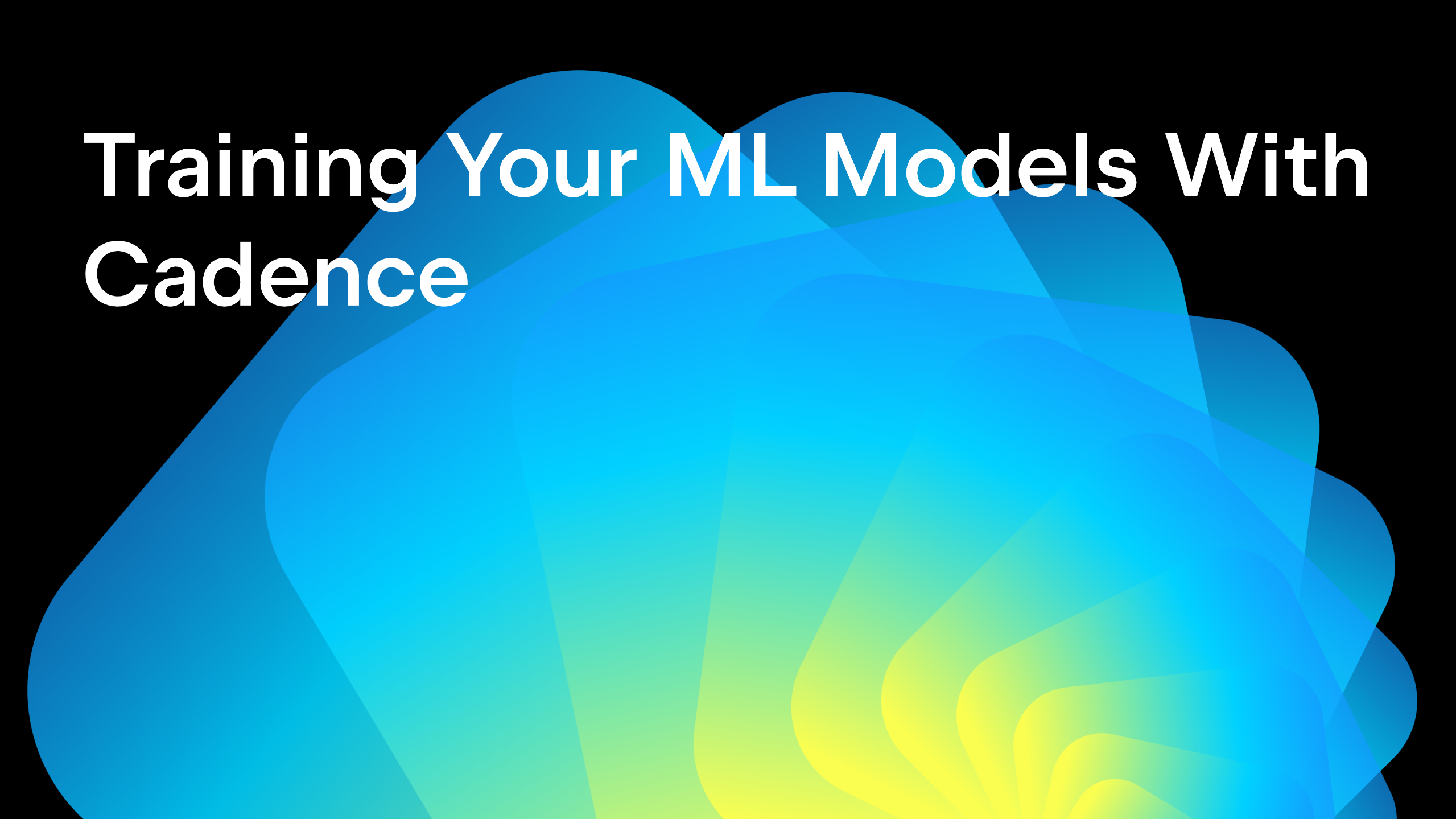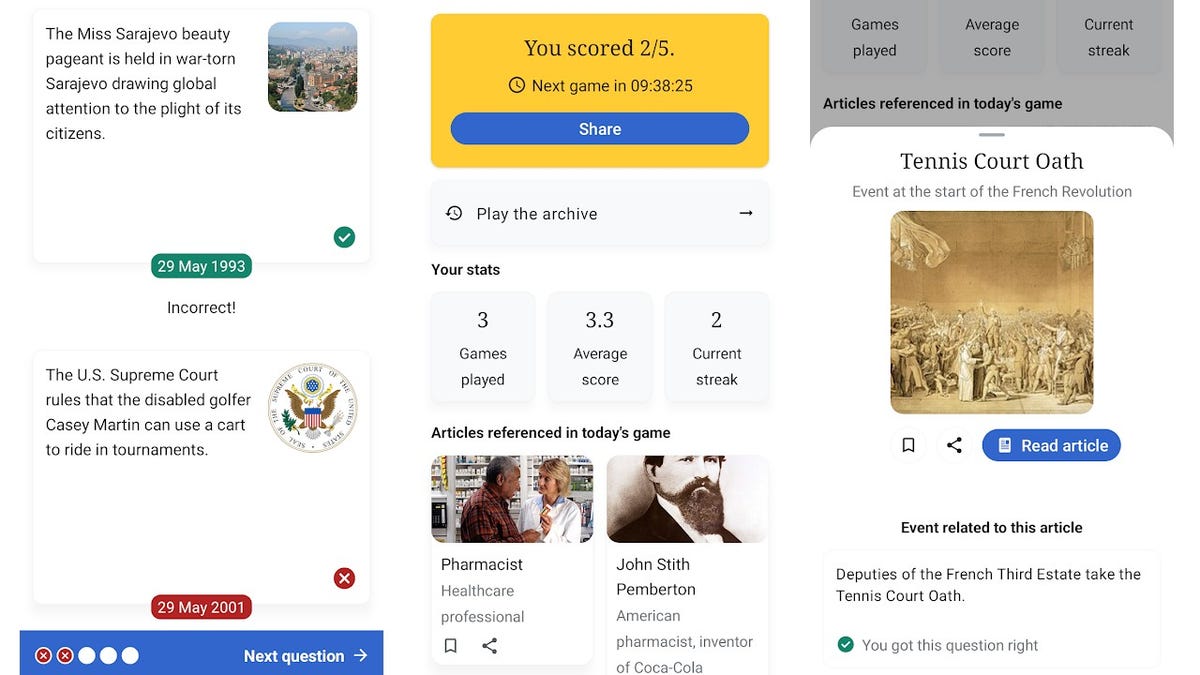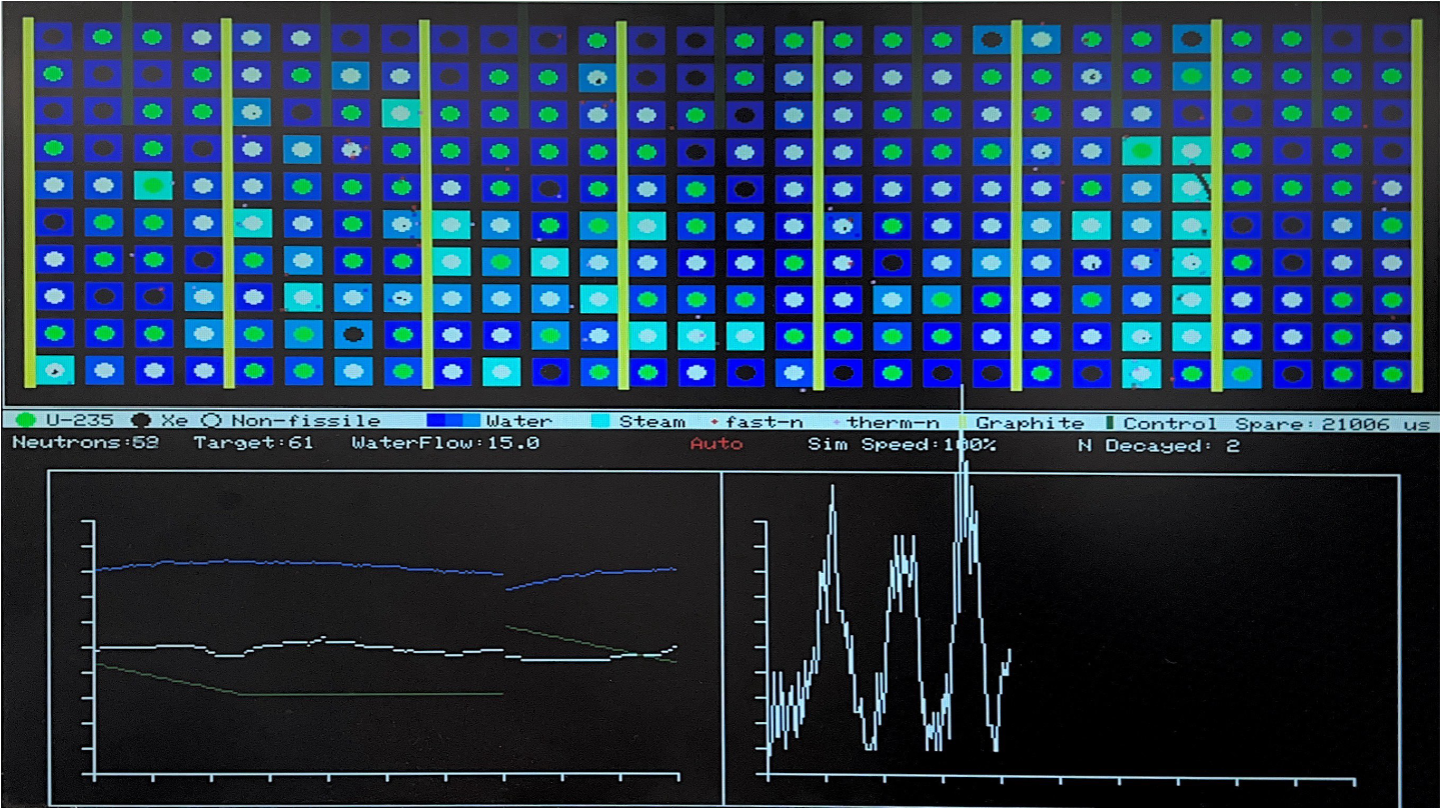AI in Fintech: How Developers Are Automating the Financial Sector
Introduction
The financial services industry is being fundamentally reshaped by artificial intelligence (AI). From fraud detection and robo-advisors to algorithmic trading and credit risk analysis, AI is empowering fintech companies to deliver faster, smarter, and more personalized services. But behind every intelligent feature lies the work of a skilled artificial intelligence developer.
In a landscape where milliseconds can cost millions, hiring the right artificial intelligence developer can be the difference between industry leadership and irrelevance. Let’s dive into how AI is redefining financial systems—and the crucial role developers play in this evolution.
The Role of AI in Financial Technology
AI is enabling the fintech sector to transition from reactive to proactive systems. Companies no longer wait for customer queries—they anticipate needs. They don’t just identify fraud—they predict and prevent it. The integration of AI has become essential for:
-
Risk management
-
Customer service automation
-
Financial forecasting
-
Personalized product recommendations
-
Regulatory compliance
This massive transformation is possible because developers are designing AI systems tailored to handle high-stakes financial data.
Core Applications Where AI Developers Add Value
1. Fraud Detection & Prevention
AI developers create machine learning models that detect anomalies in transactions in real-time. These systems can flag suspicious behavior based on spending habits, IP geolocation, or device usage.
2. Algorithmic Trading
Developers program AI to execute trades at lightning speed based on market patterns, news sentiment, and technical indicators. These trading bots outperform human traders in many cases.
3. Credit Scoring
Instead of relying on traditional credit scores, AI models developed by experts analyze a broad set of variables—income patterns, social data, and behavioral insights—to determine creditworthiness.
4. Chatbots & Customer Service
Natural language processing (NLP) models power fintech chatbots, enabling 24/7 customer support with personalized financial advice.
5. RegTech (Regulatory Technology)
AI developers build systems to track changes in financial regulations and ensure company compliance automatically, reducing legal risks and penalties.
Fintech Success Stories Powered by AI
PayPal
Utilizes AI to analyze billions of transactions and stop fraud before it occurs. Their AI infrastructure was built and refined by developers specializing in anomaly detection.
Upstart
A lending platform that uses AI to offer fairer, more accurate credit assessments. Their proprietary AI models outperform traditional credit risk evaluation systems.
JPMorgan’s COiN
The Contract Intelligence (COiN) platform automates document review processes that used to take thousands of legal hours—thanks to robust AI developed in-house.
Why Fintech Needs Specialized AI Developers
While AI is broadly applicable, the financial industry requires developers who understand domain-specific challenges:
-
Real-time processing of high-frequency data
-
Data privacy and encryption (especially under laws like GDPR and CCPA)
-
Adherence to compliance standards (KYC/AML)
-
Error-intolerant environments (where mistakes mean losses)
-
Scalability to handle millions of users simultaneously
This level of precision and accountability means only top-tier artificial intelligence developers should be trusted to build critical fintech infrastructure.
Tech Stack & Tools in Fintech AI
A fintech AI developer is expected to work with:
-
Languages: Python, R, Scala, C++
-
Libraries: TensorFlow, PyTorch, Scikit-learn, XGBoost
-
NLP Frameworks: SpaCy, Hugging Face Transformers
-
Big Data Tools: Apache Spark, Hadoop
-
Database Systems: PostgreSQL, MongoDB, Redis
-
APIs: Plaid, Stripe, and banking integrations
Strong command over these tools enables developers to build AI solutions that are not only powerful but also secure and scalable.
Challenges AI Developers Solve in Fintech
1. Data Imbalance
Financial data often contains class imbalance, especially in fraud detection. Developers must balance these datasets to avoid biased predictions.
2. Interpretability
In finance, black-box models are risky. Developers must create explainable AI (XAI) systems that regulators and stakeholders can understand.
3. Latency Constraints
Models must make decisions in milliseconds. Developers optimize inference pipelines for real-time deployment.
4. Cybersecurity
Fintech AI systems are high-value targets. Developers need to harden models against adversarial attacks and ensure data integrity.
Benefits of Hiring an AI Developer in Fintech
Partnering with a qualified artificial intelligence developer offers fintech startups and enterprises significant advantages:
-
Increased fraud protection
-
Enhanced customer retention through personalization
-
Improved operational efficiency via automation
-
Faster product iteration and innovation cycles
-
Greater compliance with fewer manual resources
Whether you’re building a lending app, a robo-advisor, or a blockchain platform, having expert developers can accelerate your go-to-market strategy and long-term sustainability.
Future of AI in Finance: What’s Next?
The fintech industry is on the cusp of even more radical innovations:
1. AI-Driven Financial Coaching
Hyper-personalized advisors that learn user behavior to recommend investments, savings plans, and risk strategies.
2. Decentralized AI for Web3 Finance
Developers are exploring AI models that work within decentralized finance (DeFi) ecosystems, enhancing trust and automation without central control.
3. Emotion AI in Trading
AI systems trained to react based on sentiment analysis, emotion recognition, and macroeconomic trends to execute smarter trades.
4. Autonomous Compliance Systems
Real-time AI monitoring that updates with new global regulations and auto-corrects system flows.
Conclusion
The financial industry is evolving at an unprecedented pace, and AI is leading the way. But it’s not the tools alone—it’s the minds behind them that matter most. A highly skilled artificial intelligence developer enables fintech companies to launch secure, scalable, and cutting-edge products.
If you’re aiming to disrupt finance, improve risk management, or launch a smarter product, your next best investment isn't just funding—it's hiring a world-class artificial intelligence developer.












































































































































































![[The AI Show Episode 154]: AI Answers: The Future of AI Agents at Work, Building an AI Roadmap, Choosing the Right Tools, & Responsible AI Use](https://www.marketingaiinstitute.com/hubfs/ep%20154%20cover.png)
![[The AI Show Episode 153]: OpenAI Releases o3-Pro, Disney Sues Midjourney, Altman: “Gentle Singularity” Is Here, AI and Jobs & News Sites Getting Crushed by AI Search](https://www.marketingaiinstitute.com/hubfs/ep%20153%20cover.png)


























































































































![From Therapist to six figure freelance dev [Podcast #176]](https://cdn.hashnode.com/res/hashnode/image/upload/v1750249813414/8cb0019f-db6d-48af-9d20-d0ea3a4040b5.png?#)

















































.png?width=1920&height=1920&fit=bounds&quality=70&format=jpg&auto=webp#)



















![GrandChase tier list of the best characters available [June 2025]](https://media.pocketgamer.com/artwork/na-33057-1637756796/grandchase-ios-android-3rd-anniversary.jpg?#)






















































_Frank_Peters_Alamy.jpg?width=1280&auto=webp&quality=80&disable=upscale#)
































































































![It wasn't just you, Apple Intelligence was down [u]](https://photos5.appleinsider.com/gallery/64086-133417-IMG_2283-xl.jpg)












![Samsung has its own earthquake alert system with options Google should consider [Gallery]](https://i0.wp.com/9to5google.com/wp-content/uploads/sites/4/2025/02/Galaxy-S25-Ultra-Titanium-Jadegreen-1.jpg?resize=1200%2C628&quality=82&strip=all&ssl=1)
















![iPhone 18 Pro Models to Feature Under-Display Face ID, Keep Same Display Sizes [Rumor]](https://www.iclarified.com/images/news/97657/97657/97657-640.jpg)
![Apple M4 Mac Mini Drops to Just $469 — Save $130 [Lowest Price Ever]](https://www.iclarified.com/images/news/97659/97659/97659-640.jpg)



























![Mobile Legends: Bang Bang [MLBB] Free Redeem Codes June 2025](https://www.talkandroid.com/wp-content/uploads/2024/07/Screenshot_20240704-093036_Mobile-Legends-Bang-Bang.jpg)














![It's Not Just You: Apple Intelligence is Down on iOS 26 and Other Betas [Fixed]](https://images.macrumors.com/t/p817t4gw5ljW1ROSxfadhn3mJew=/2500x/article-new/2025/06/iOS-26-Feature.jpg)


























